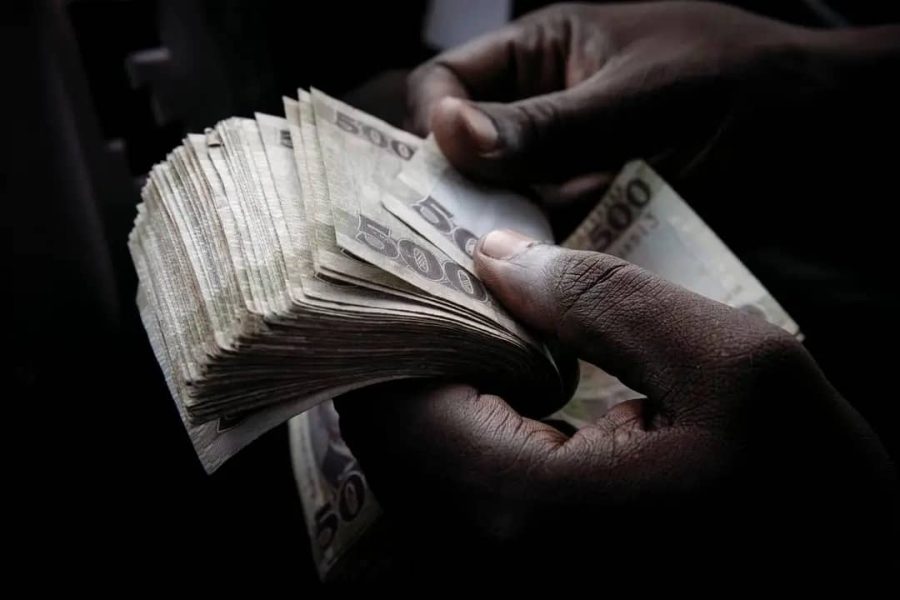
A Senior South Sudanese economist is warning that the economy risks grinding to a halt unless the central bank acts quickly to address the country’s worsening cash shortage.
Sunday Manyang Agok said, the poor fiscal discipline and weak monetary management have drained liquidity from the system, leaving businesses struggling and families unable to afford daily needs.
“Expenditure appears to have been contracted, which means money is not circulating in the economy. At the same time, the currency is not available, which reflects a failure of monetary policy,” Agok said during an interview with Radio Miraya on Tuesday in Juba.
He cautioned that the economy is under severe strain, with little money in circulation and a shortage of currency, a stark reflection of failed monetary policy.
He urged the government to cut lending rates to boost deposits and to promote wider use of digital transfers to ease pressure on physical cash.
According to Agok, only greater transparency and genuine independence for the central bank and other financial institutions will restore public trust and help put the economy back on track.
South Sudan’s economy has long been fragile, heavily dependent on oil revenues which account for the majority of government income.
However, recurring conflict, global oil price fluctuations, and widespread corruption have undermined growth and stability.
In recent years, the country has faced soaring inflation, sharp depreciation of the South Sudanese Pound, and chronic shortages of cash in circulation.
These pressures have sharply reduced household purchasing power and undermined business activity, hitting small and informal markets the hardest, where daily transactions rely almost entirely on cash.
The central bank has attempted to intervene through periodic currency injections and policy adjustments, but critics argue these measures have been inconsistent and lack transparency.
Economists say without stronger reforms in both fiscal management and monetary governance, South Sudan risks deeper financial paralysis and worsening hardship for its citizens.

